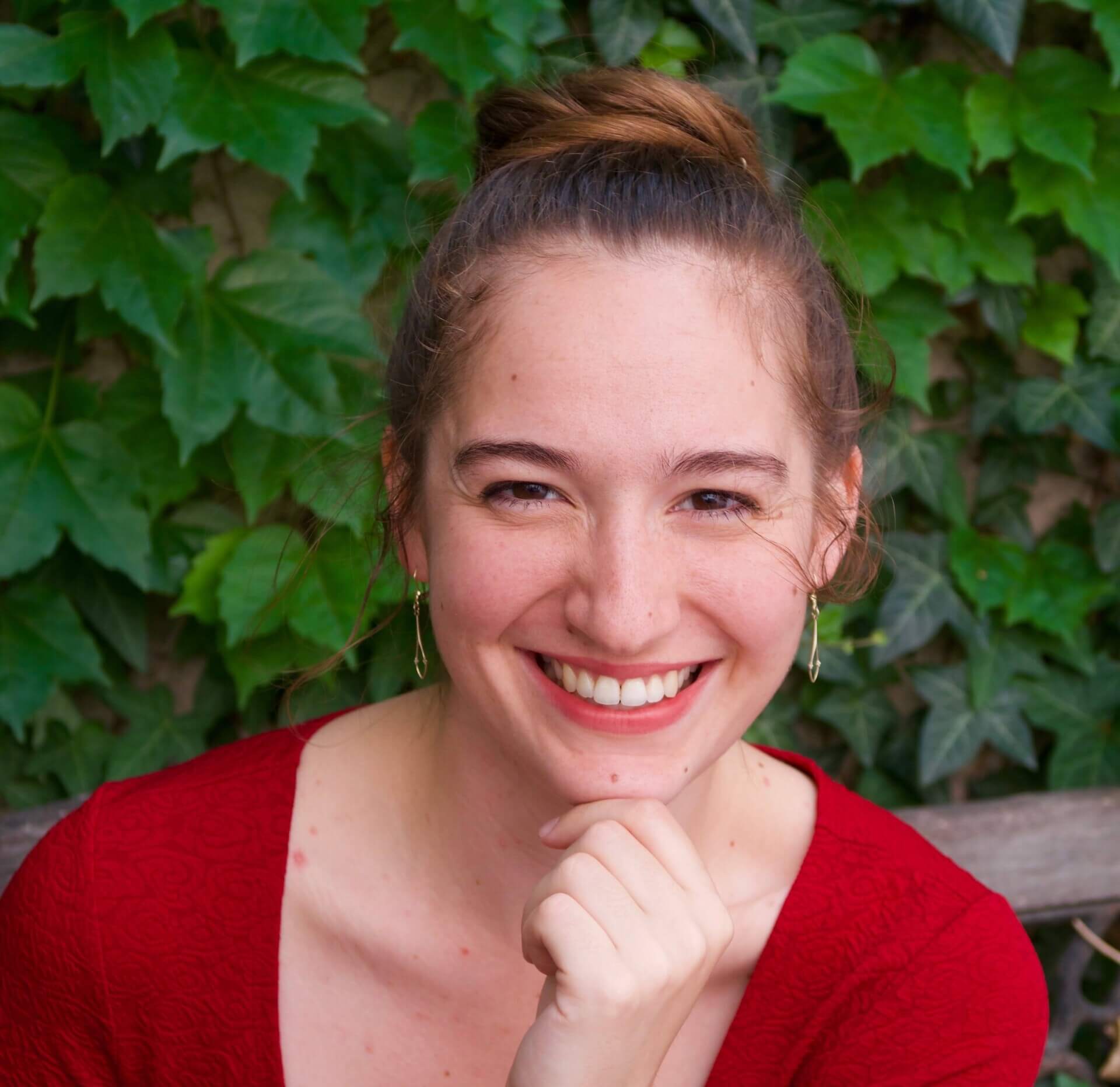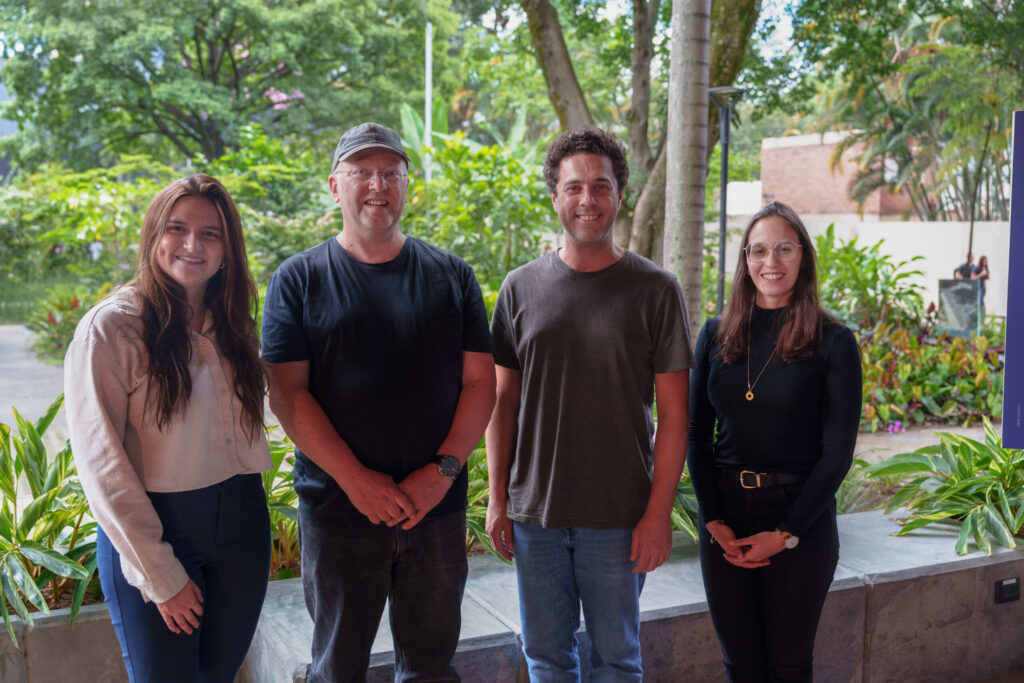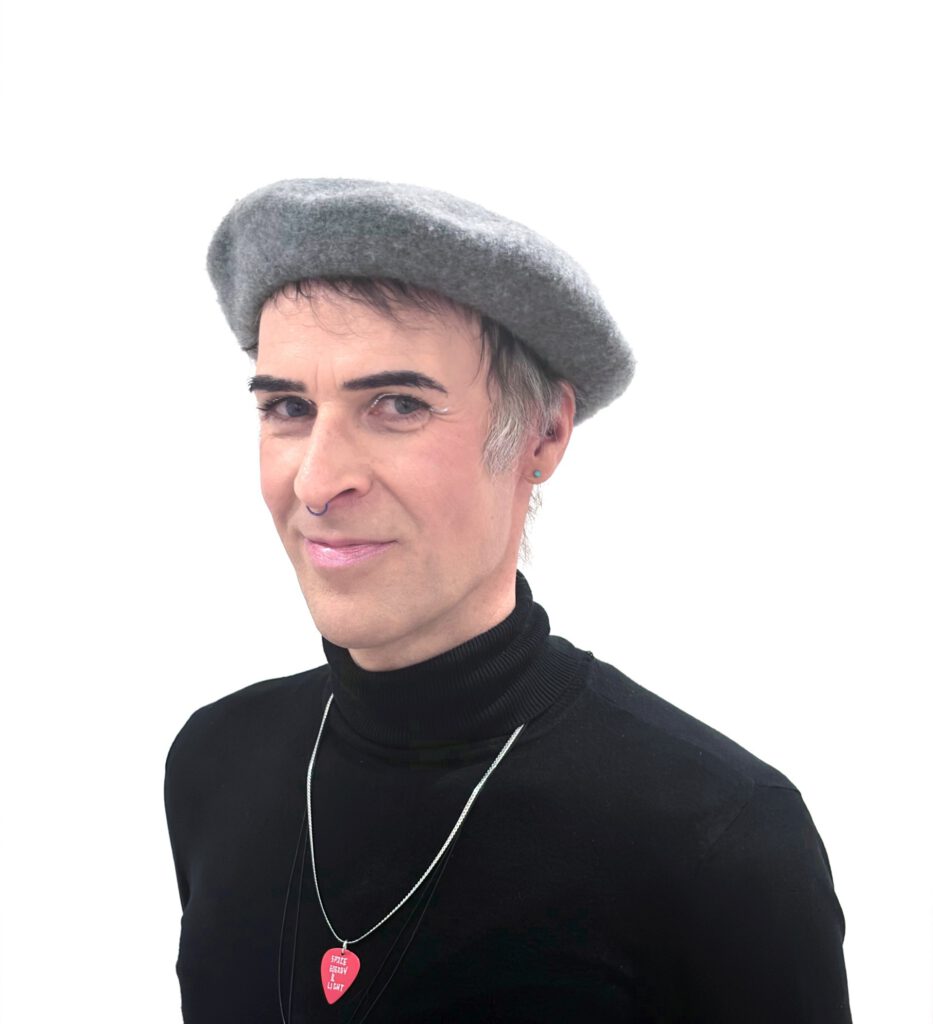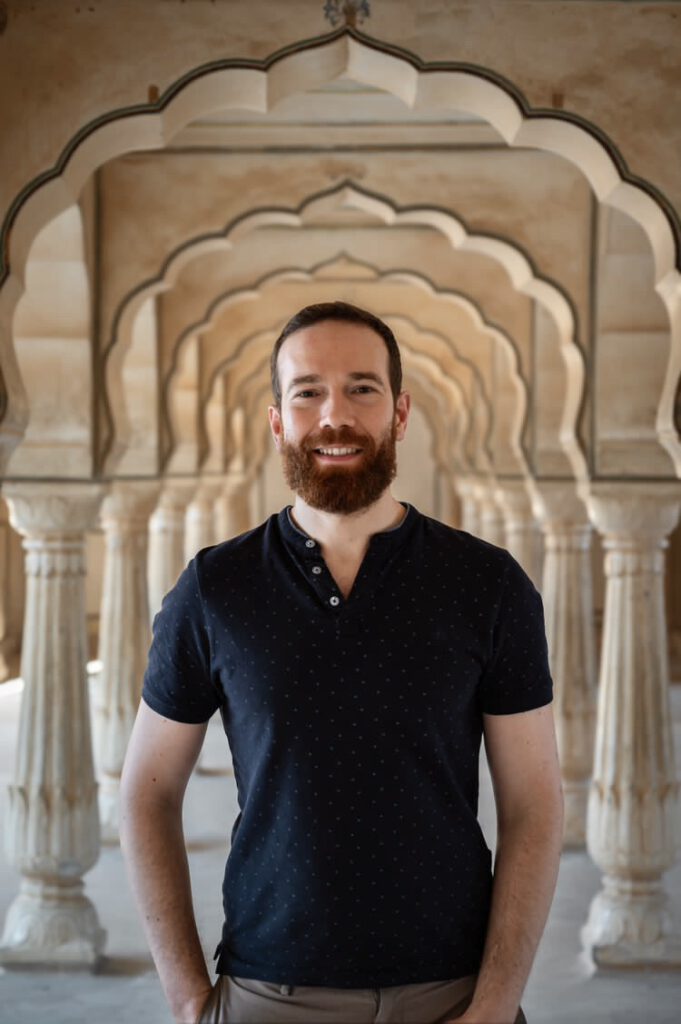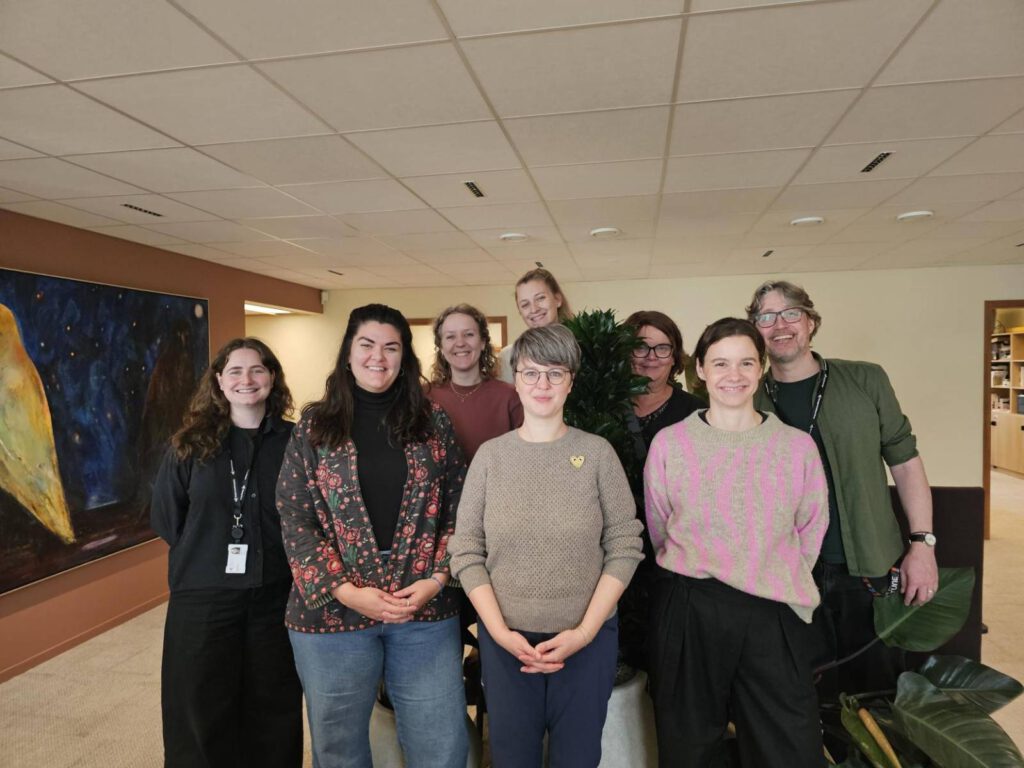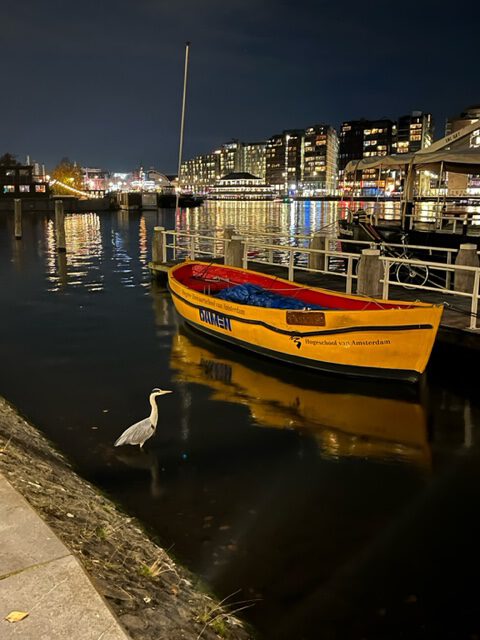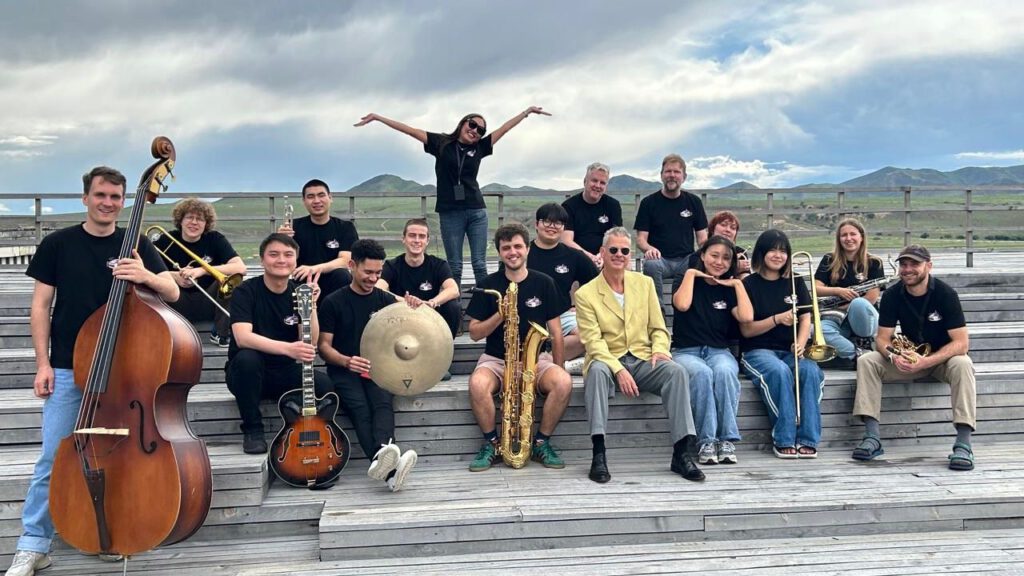Pack warm socks and head out!
Great music-making and total silence: a semester in Finland
Rafaela Seywald is studying orchestral and choral conducting at the mdw, theoretically in her fifth year. At the moment, however, she is on leave, because since September 2021 she has been working as a stage-music conductor and prompter-conductor at the Bayerische Staatsoper in Munich. Rafaela is 27 years old and had the great pleasure of studying for a semester (January to May 2021) at the Sibelius Academy in Helsinki.
Where did you get the idea of studying at the Sibelius Academy?
I know a number of people who studied at the Sibelius Academy, and they had only positive things to say about the university, the country, and the people. Finland is a particularly exciting place for conducting and vocal music, and the tonal language, the way of working, and the cultural life there are significantly different than in Central Europe. So when I had the chance to go to Helsinki, I simply couldn’t pass up the opportunity.
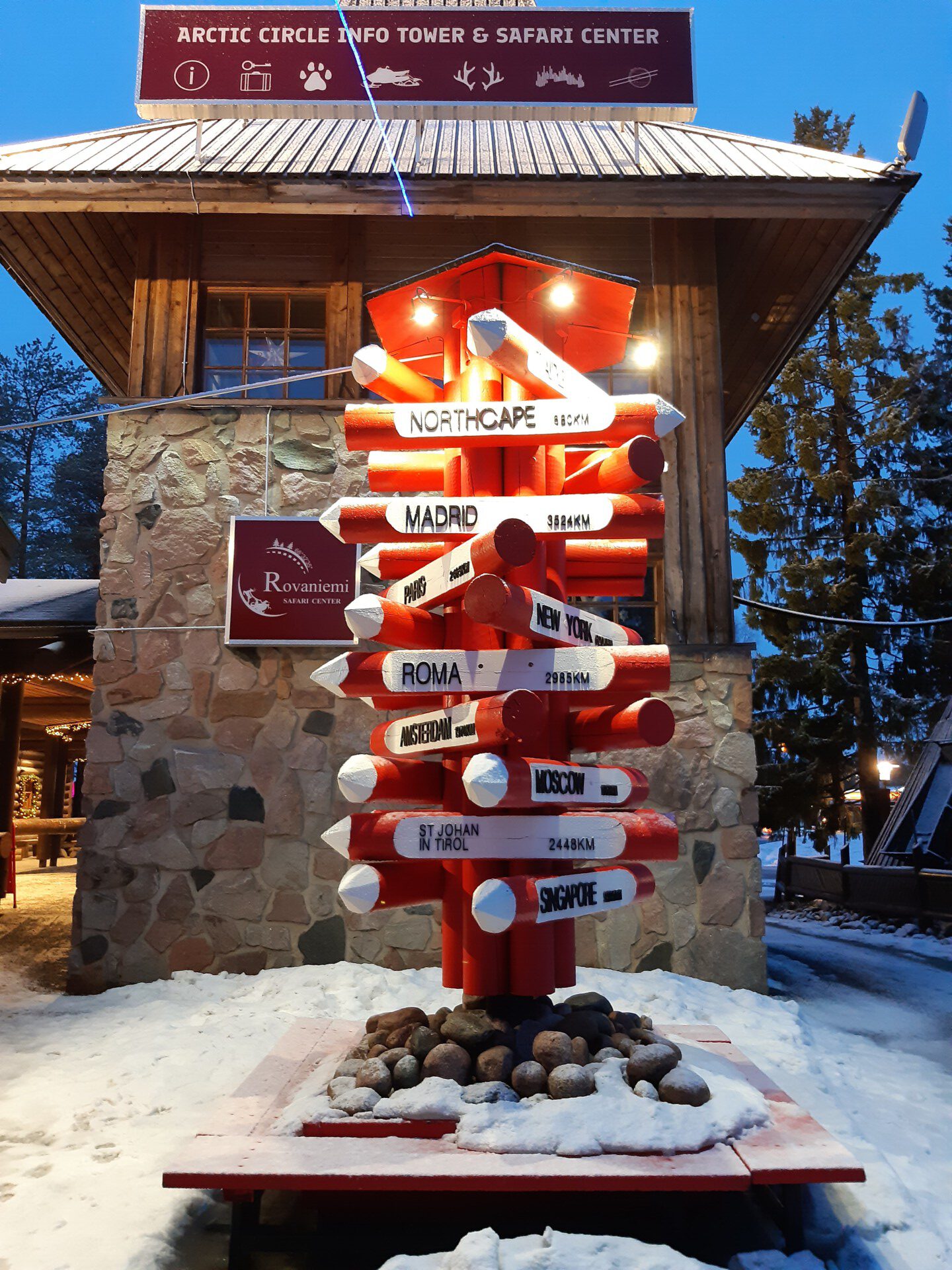
What was the teaching language, and how was your proficiency in Finnish?
All classes and lectures for exchange students were held in English, and in the conducting lessons, English was the primary language as well. Because of the complicated pandemic-related situation, I decided on Helsinki as my Erasmus destination only at the last minute, so my Finnish language skills were very meagre. Despite language classes at the university, I unfortunately haven’t retained very much of this fascinating language. Since all Finns speak perfect English, it really takes a lot of effort to get anyone to speak to you in Finnish. Besides, all important information, like in public transport, at train stations, etc., is also available in the second official language, Swedish, which is relatively easy to figure out if you have a good mastery of German and English.
What was your day-to-day life like at the university?
Conducting instruction was always held with the entire class, eight students. Every week there was a piece or a cycle (such as a Bach motet or a Mozart symphony plus an opera overture) with a preparatory lesson for each as well as several teaching sessions with choir and orchestra. In between, there was often a week reserved for repertoire study or other seminars. We also had an arranging/composing workshop with a final concert in which our own works were performed for the first time, conducted by fellow students.
Due to contact restrictions during the pandemic, all theory classes and individual instruction were held online. But all students still had access to the Academy’s rooms throughout the entire day, from 7 a.m. to 11 p.m. So although I didn’t have my own piano, practising was not a problem, and the online reservation system was a great advantage.
From my shared apartment in Pasila (in a building of the HOAS organisation, which makes affordable housing in Helsinki possible) to the Sibelius Academy, I could either take the train, ride my bike (20 minutes), or walk (40 minutes). When the sun was out, the latter always provided a relaxing change from practising, conducting, and learning Finnish.
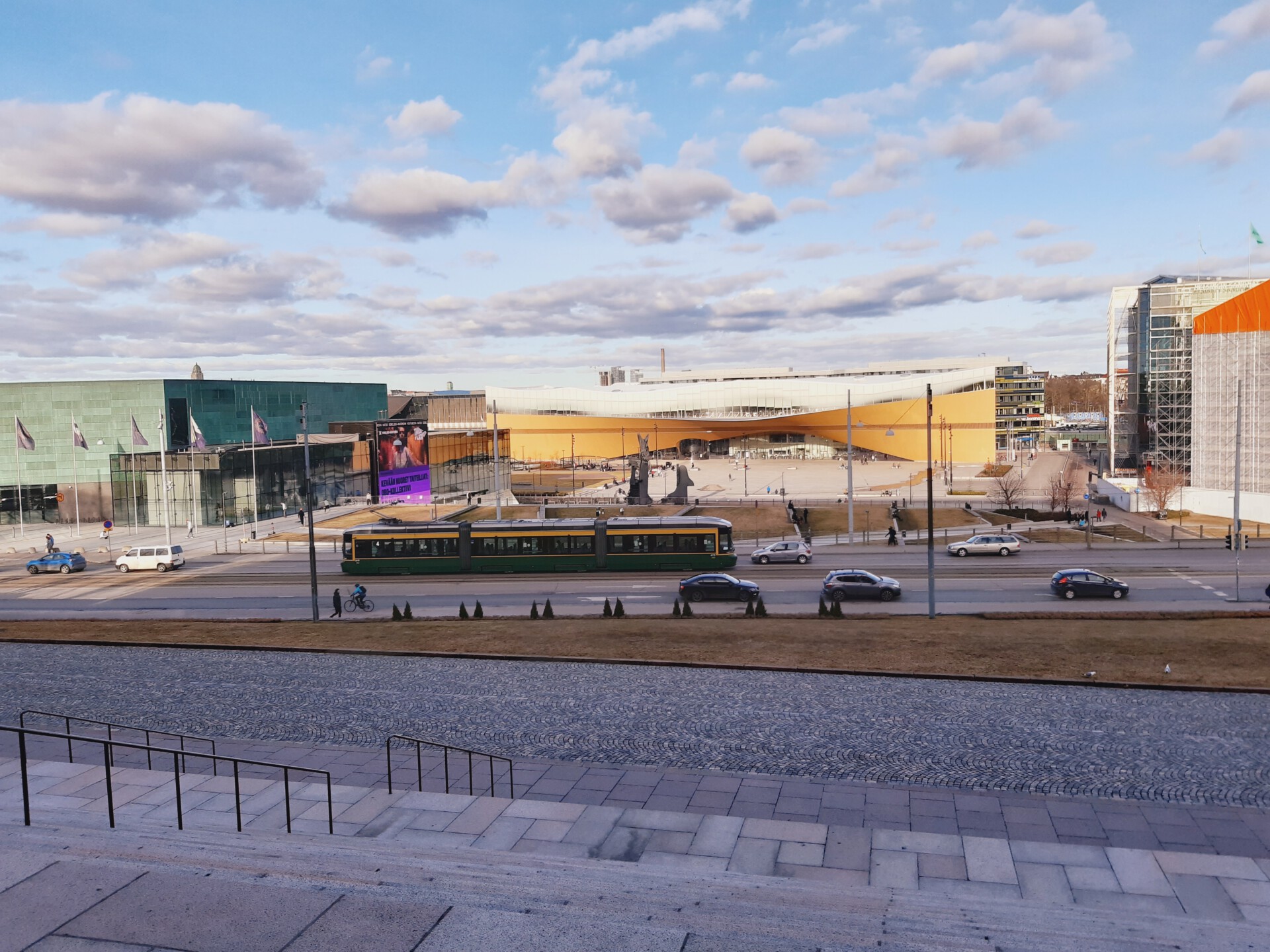
What do you see as the biggest differences between the Sibelius Academy and the mdw?
The relationship between teachers and students in Finland is basically more collegial than in Austria. It is assumed that the students take the initiative to contribute as much as they want or are able to, and on this basis, the teachers help them in any way they can. It rarely happens that a teacher, especially in individual artistic instruction, regards his or her viewpoint as the “truth”, but rather always as a suggestion that could be helpful to the students. Ultimately, however, everyone is responsible for themselves. This kind of teaching was perfectly suited to me, because as a fundamentally very independent and self-critical person in my second phase of study, I don’t need any strict instructions but rather creative ideas for dealing with specific situations and questions. But for students who are at a point where they need clear guidelines, this way of being taught can certainly be difficult.
Aside from this, conducting students at the Sibelius Academy get significantly more podium time in front of the choir/orchestra than in Vienna. On the other hand, the level of theory classes and piano instruction is lower. This has to do with, among other things, the fact at in German-speaking countries, the classic career path of a conductor takes him or her to the theatre, where solid piano skills are essential. In Finland, young conductors more often work directly with orchestras/choirs.
Rehearsal situations differ in that in Finland, long monologues on the podium are less tolerated than in German-speaking countries. Temper tantrums are fairly uncommon, and giving a group negative feedback or even shouting at them, which unfortunately continues to occasionally happen in Central Europe, is an absolute no-go. But if someone tells a joke in what is generally a very concentrated rehearsal situation, it is usually fantastic.
What was the most amusing thing that you experienced in Finland?
One of the most fun experiences was certainly the conducting class eating pizza together after an entire semester of social distancing. The cultural differences between Finland, Austria, and Spain that revealed themselves in particular in the context of eating, drinking, and dancing were a source of great amusement for everyone.
My roommate, a geography student from Hong Kong, also constantly brightened our day: she was the only one among all the winter-hardened Europeans who sweated at minus 15 degrees Celsius, would surprise everyone by returning at 3 a.m. from a shopping spree at the supermarket, and insisted on eating spaetzle uncooked.
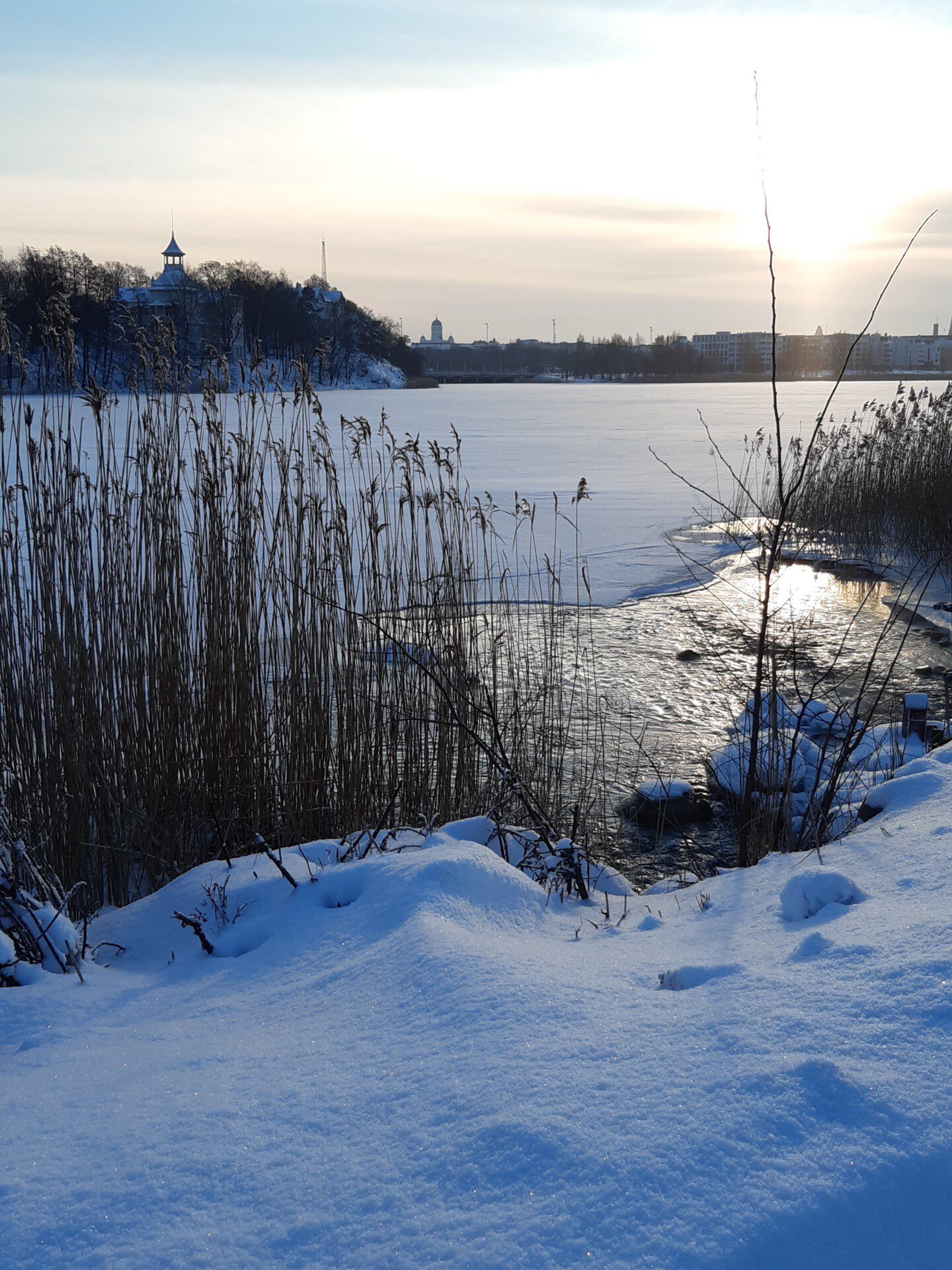
Looking back on your semester abroad: what were some of the things you learned, both professionally and on a personal level?
– Great conducting tricks, from my fellow students as well as from my teachers.
– To remain unwaveringly true to myself, even if others are much more reserved than I am.
– How great music-making is in Finland—and in Austria. Sometimes distance is necessary to learn to appreciate certain things.
– That it is really not a problem to walk to school every morning in the dark at minus 20 degrees—if you have the proper jacket and the necessary motivation.
– Driving over deserted farm lanes with horrendous potholes, and the nearest petrol station a hundred kilometres away.
– What silence is. The virtually deserted Lapland region and the Finnish Lakeland in the eastern part of the country are perfect for finding peace and tranquillity.
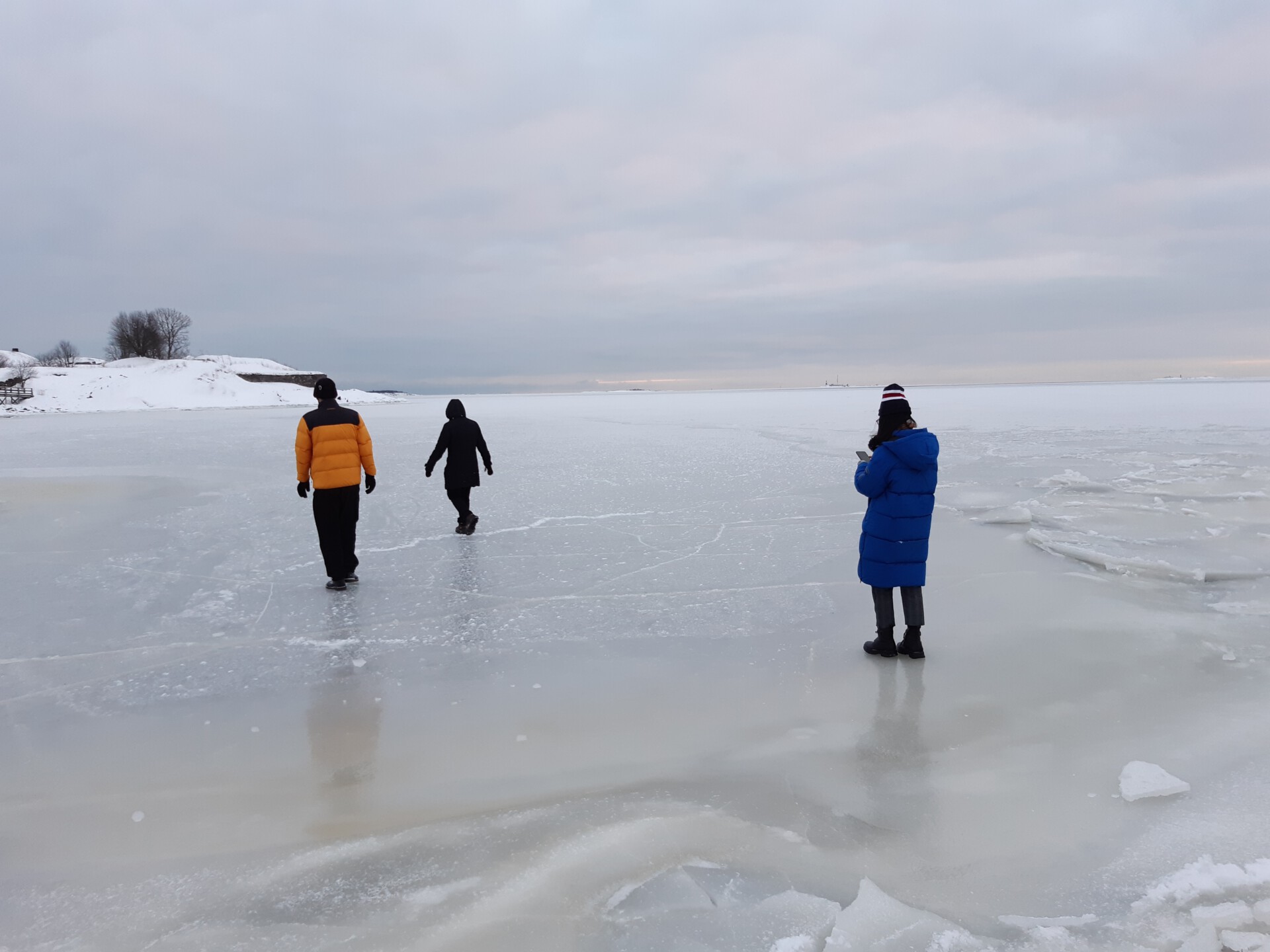
What advice would you give someone who is interested in doing a semester abroad in Finland?
Pack warm socks and head out!
The HOAS houses are good places for students to live, and you can usually eat well and cheaply at the university dining hall or at the so-called “unicafés”.
If there are currently no COVID-related travel restrictions in place, you should take advantage of the opportunity and pay a visit both to Tallinn (via the ferry) and to St. Petersburg (by bus).

Is there something that will always remind you of your time in Finland?
The brilliant, unbelievably variable two-beat conducting pattern of my colleague Anna. And summer rolls, my new favourite food.
Are you a mdw student and interested in spending a semester or year at one of our partner institutions?

